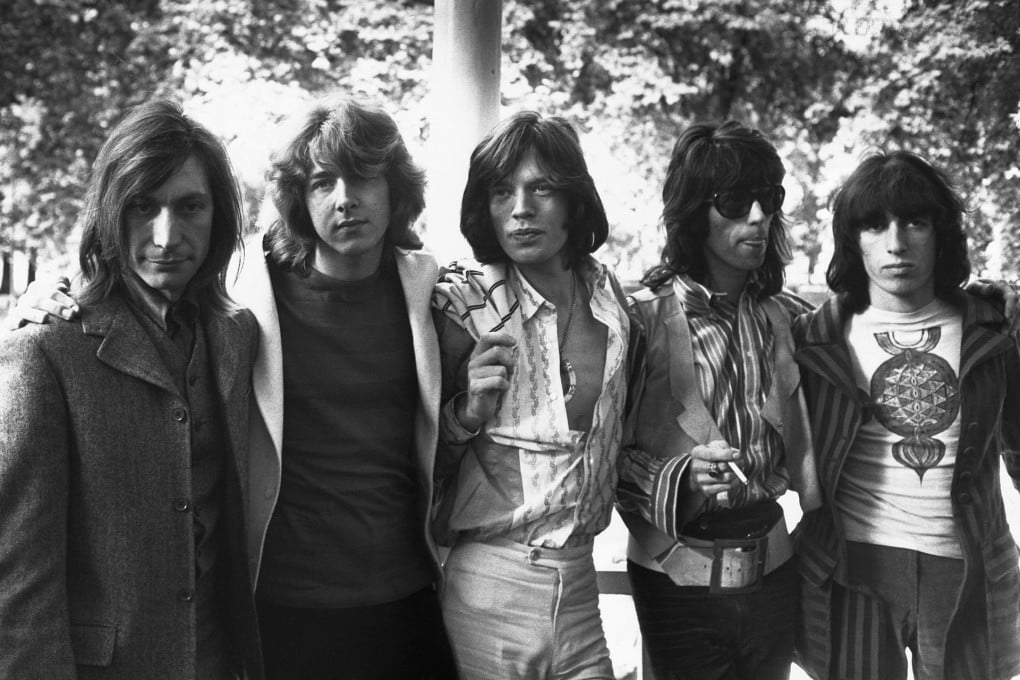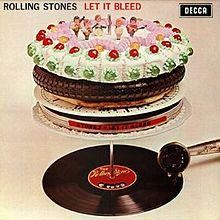Rewind album: Let It Bleed, by the Rolling Stones
There's a convincing case to be made for The Rolling Stones' trio of albums straddling the 1960s and '70s being the most accomplished run of records in pop history.

The Rolling Stones
Decca/London
There's a convincing case to be made for The Rolling Stones' trio of albums straddling the 1960s and '70s being the most accomplished run of records in pop history.
Beginning with 1968's and ending with 1971's , they chart the band's progress from psychedelic explorers to stadium-filling mega-band. Between them they contain probably 90 per cent of the Stones songs you'd include on a "best of" mixtape, , and among them.
As a distillation of the band's evolution during that period, the middle album, 1969's , is pivotal. Over its nine tracks, the Stones' eighth studio album sees them transform from hit British beat band to swaggering global behemoth. It's the moment when rock'n'roll becomes rock.

The starkest signpost to their future sonic trajectory is , an acoustic rendering of one of their most enduring hits, . Lascivious and leering, it sounds more like an outtake than a full-fledged track. But in its country-picked acoustic guitars and screechy fiddles it lays an early template for the band's feted 1972 classic .
